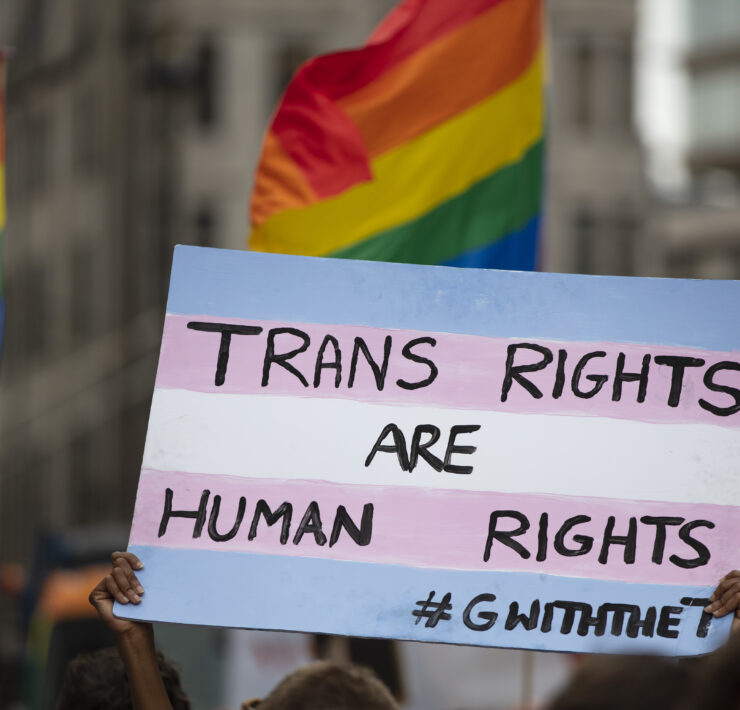New Indiana Law Bans Gender-Affirming Care for Trans Youth

A proposed ban went into effect in November in the state of Indiana following hefty debate in the United States Court of Appeals for the Seventh Circuit that effectively bans gender-affirming care for transgender minors.
The original law was signed in April of last year by the governor of Indiana, Eric Holcomb. The ban prevents doctors from prescribing gender-affirming implements such as puberty blockers and hormone replacement therapy to minors who identify as trans. The ACLU of Indiana then sued on behalf of myriad families to attempt to stop this heinous law from being implemented, with assistance from a district court judge who essentially ‘paused’ the bill while the lawsuit and review of the ban was going through the legal process. The state appealed the pause, officially called an injunction, to the Seventh Circuit Court; the injunction was lifted in February and officially ruled against last month, allowing Indiana bill SEA 408 to pass into law.
The judge who signed off on the implementation of the ban is, unsurprisingly, Trump-appointed and argues that, “It might be different if Indiana barred all treatment for gender dysphoria, but (the ban) does no such thing.” It’s also horrifyingly argued that this bill doesn’t violate trans youth’s constitutional rights to due process or equal protection, because both trans boys and trans girl—and assumedly, everyone in between—can no longer access gender-affirming care. It’s worth noting that cisgender youth are still able to access gender-affirming care (puberty blockers and hormonal treatments are used for other purposes that don’t ascribe to gender dysphoria, such as endometriosis) in the state of Indiana.
Puberty blockers have been studied in depth and are, more or less, reversible. They work by releasing a naturally-produced chemical that stops signals going from the brain to the gonads that tell them to produce hormones, which is what puberty is. When the medication stops being taken, the signals are no longer blocked, so puberty symptoms restart. Therefore, if a parent is concerned that their child’s (extremely valid) gender dysphoria might just be a “phase,” this should ease their worries. This validating research is within a quick Google search. However, in the state of Indiana, as well as other notorious GOP members of Congress, this is apparently not enough to console the transphobic legislators that put this harmful ban into law.










